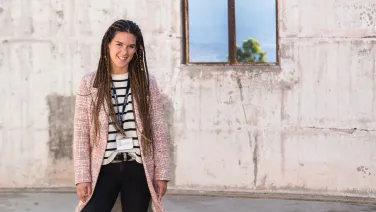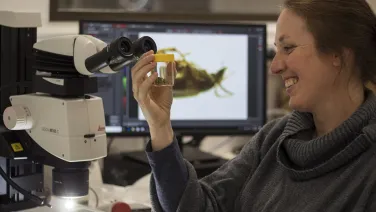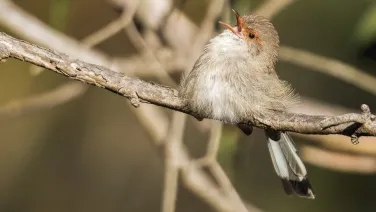International Day of Women and Girls in Science
This International Day of Women and Girls and Science we are looking back at stories highlighting the achievements of women in science and some of the barriers they face.
From recruitment policies that drive gender equity, and reflections on trailblazing careers, to the contributions of women in science; discover why STEM should be everyone.
Women-only recruitment drive to rocket up gender equality
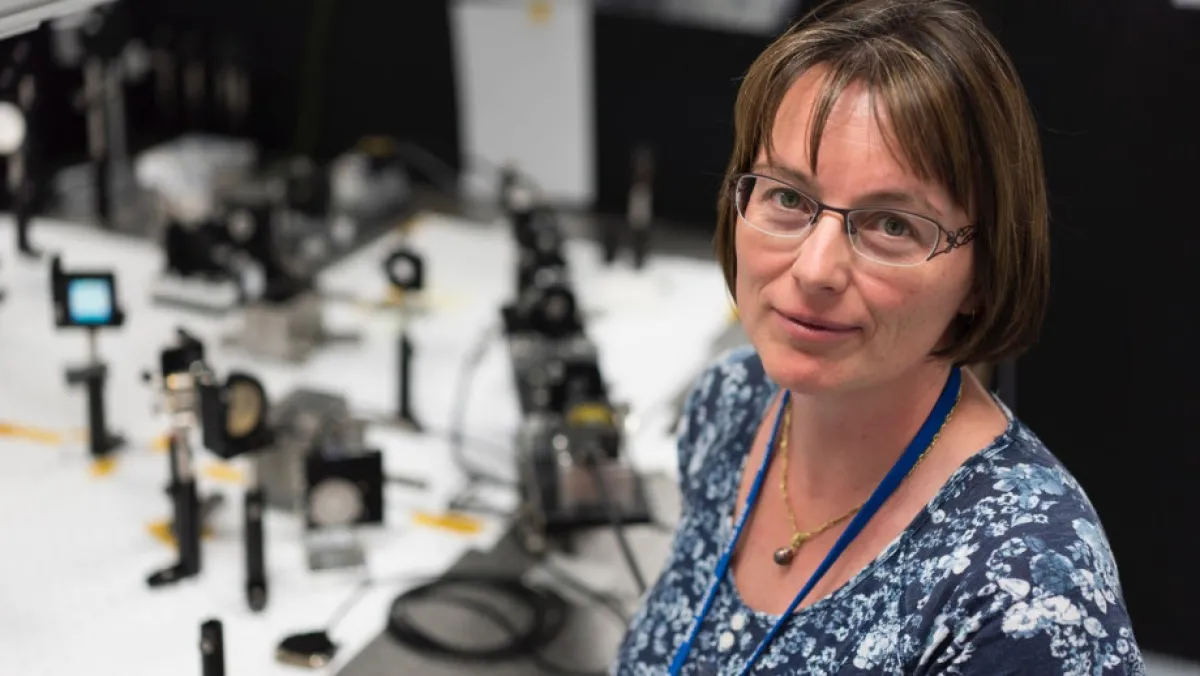
The largest women-only recruitment drive in Australian Astronomy and Space has been undertaken at ANU.
Professor Céline d'Orgeville, Deputy Director of the Advanced Instrumentation and Technology Centre, says that Astronomy and Space as a field is particularly male dominated.
"Business-as-usual doesn't shift the dial on women's representation in our field, and it's way too low," Professor d'Orgeville said.
"Different perspectives, ethnic background, cultural origins, physical and mental abilities and gender diversity in the broader sense of the term would help us be more creative and successful in a different way."
How ocean currents helped Dr Adele Morrison find her own path
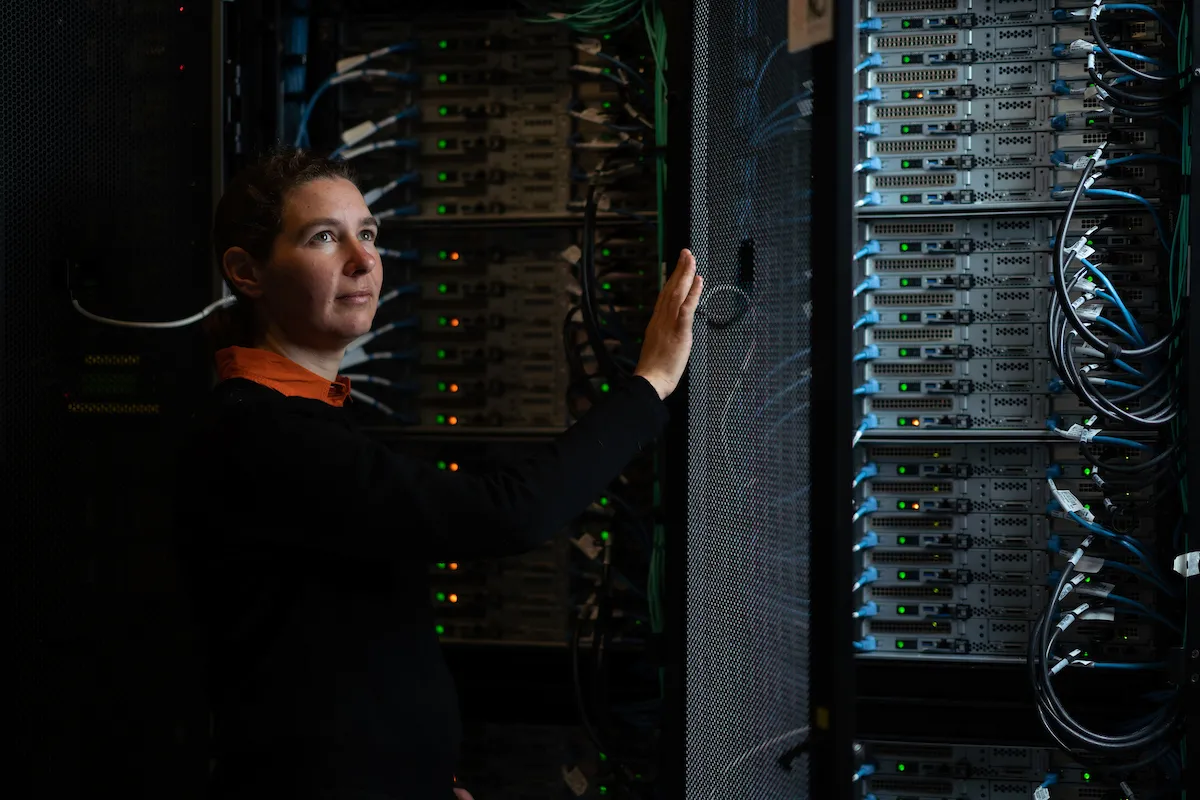
Oceanographer Dr Adele Morrison is working on the frontline of the climate crisis.
Her passion for solving some of the world’s biggest scientific problems recently saw her awarded one of the top prizes in Australian science, but despite all her success, she didn’t always see a place for herself in the scientific community.
“I always really liked science. But early on in my career I had very few women role models at all. You’d see all these male professors working 50- or 60-hour weeks, and that seemed like it would be very hard for me to balance with wanting to have a family and take time off to be with my kids—something I knew I wanted to do,” says Dr Morrison.
“I’ve worked part-time for the past seven years, taking 12 months of parental leave when each of my kids was born. Luckily science has gone well for me alongside that. I think it’s important for younger women coming through to know that it’s possible to have good work-life balance and still do great science.”
Looking up to the best in physics
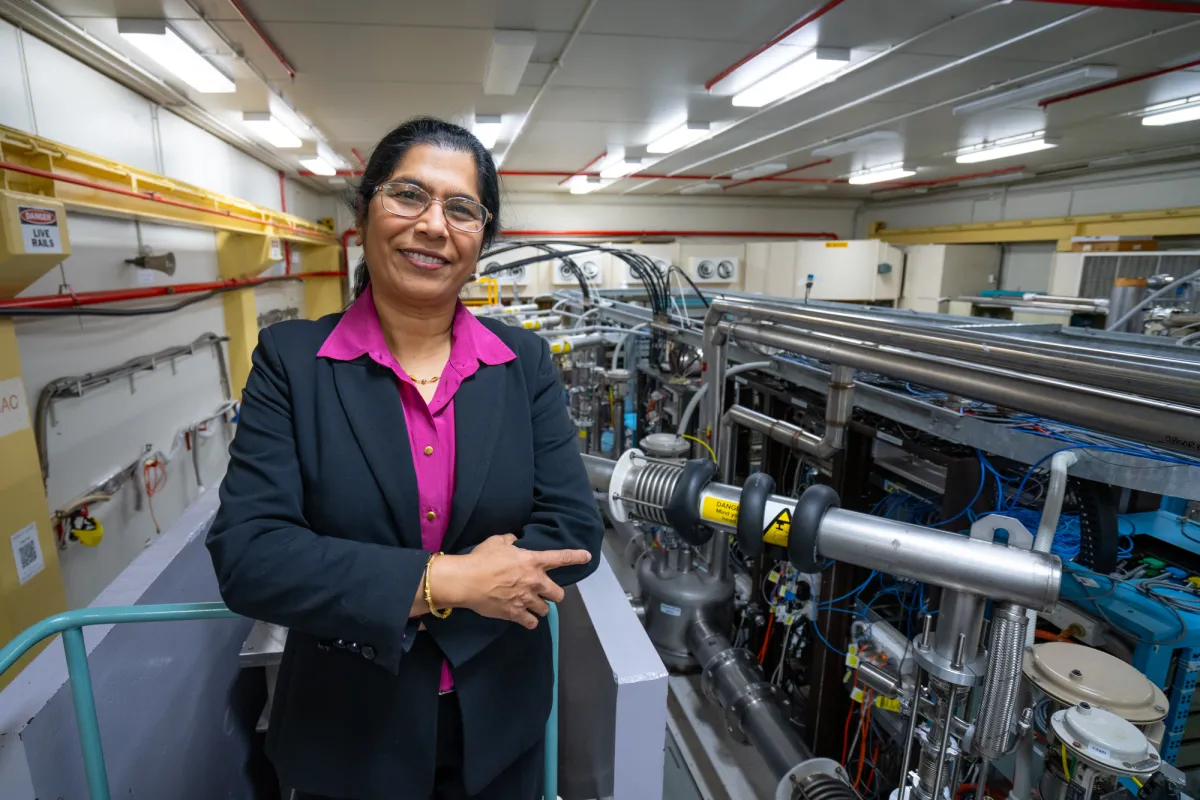
The ANU Research School of Physics is home to the largest and most powerful ion accelerator in Australia, and Professor Mahananda Dasgupta would like its world-class reputation to be better known here at home.
When Professor Dasgupta arrived at ANU in 1992, she was the only woman at the Heavy Ion Accelerator Facility.
She faced structural disadvantages, but went on to become the first woman to secure tenure in physics at the University, which, shockingly was not until 2003.
“It is very slow, but things have changed,” she says of the sexism – and racism – she has faced along the way. “It is changeable.”
Professor Dasgupta gets frustrated about this sometimes, that being a woman in physics is still noteworthy, a topic on which she speaks regularly.
“I am a physicist first,” she says. “But I have a platform as a female physicist to articulate the problems I see, so I need to use it.”
A day in the life of a volcanologist
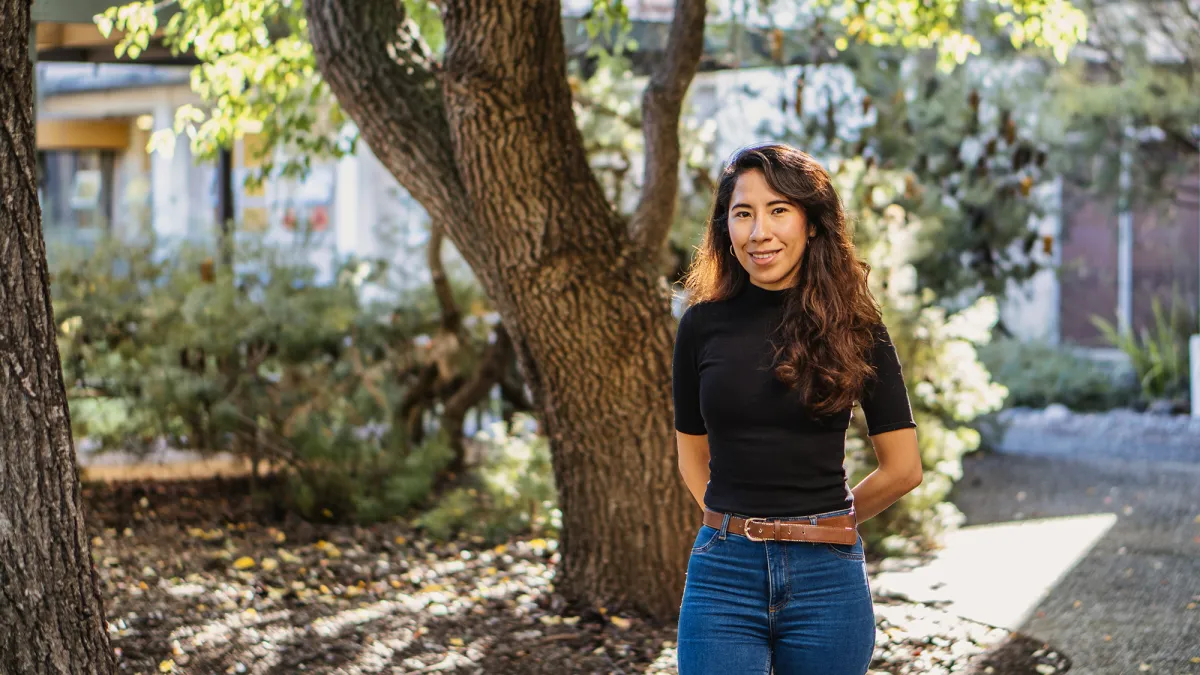
Dr Casas Ramos is a geochemist and volcanologist who is the role of volcanic reactions in the formation of mineral deposits. Her latest mission is uncovering what happened when a mythological rock split in two in Japan recently.
Growing up, Dr Ramos didn’t need to look far for a role model for women in science.
“My mum is a volcanologist,” she says. “It’s in the family.”
As a young girl in Mexico, she was fascinated by the stories that her mother would tell her about volcanoes after returning home from research trips.
“She never said ‘Ana you should be a volcanologist’. It was more her influence in taking me to volcanoes. What kid wouldn’t want to do that?”
Gravitational wave guru first Aussie to win top science gong
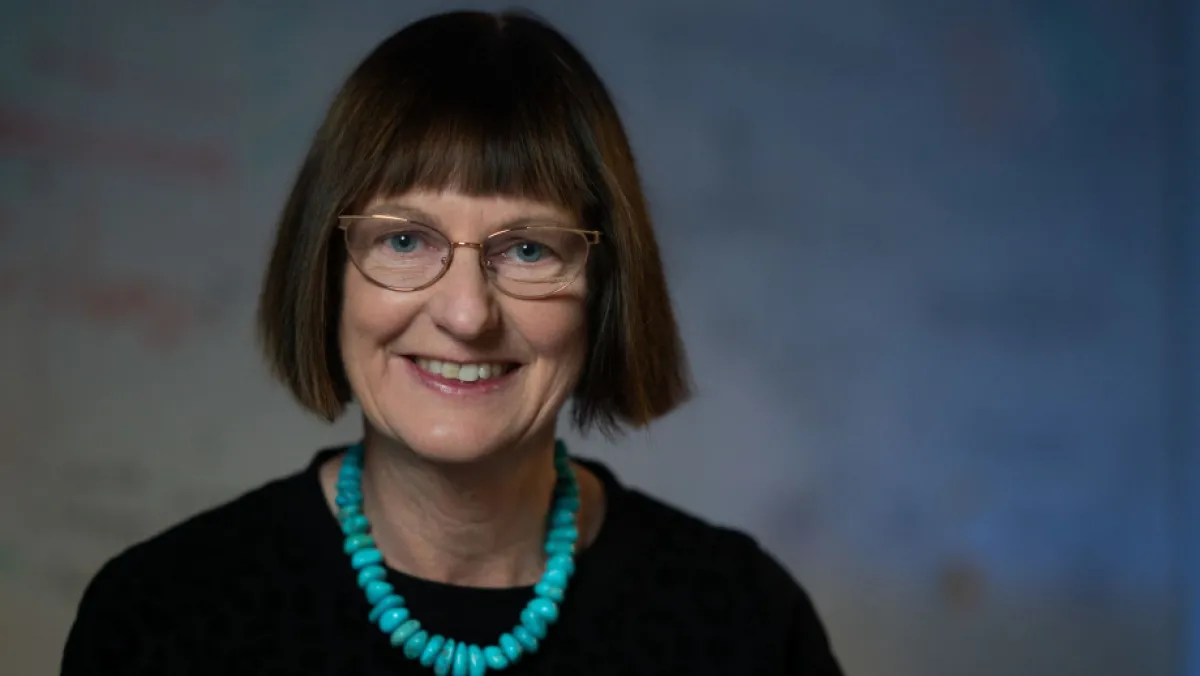
Distinguished Professor Susan Scott, a theoretical physicist who studies gravitational waves spanning billions of years, is the first Australian to win the prestigious Blaise Pascal Medal.
Professor Scott says she wants to use the award to help inspire the next-generation of female scientists and researchers.
"In Australia and across the world, we still have a critical lack of women in science. Things are improving but there is much more work to be done to make sure there is greater representation and equity," Professor Scott says.
"We need greater diversity and representation in science and at the global decision-making tables where science policy is determined. Greater representation and diversity means a greater and more diverse pool of ideas and thinking, which means better science and better overall outcomes.
"So, I hope this recognition goes some way in showing Australian girls that they can go on to achieve amazing things in science and shape the world of scientific discovery if that's what they are passionate about and want to do."
Discover how are committed to ensuring equality of opportunity for our staff and students by reading some of our diversity, inclusion and gender equity policies.

